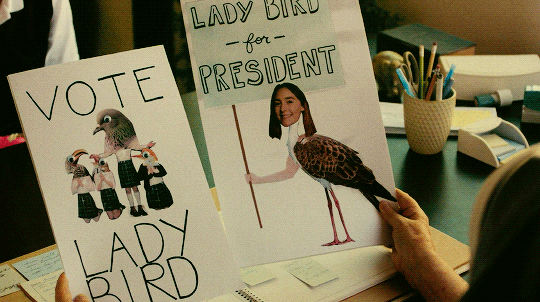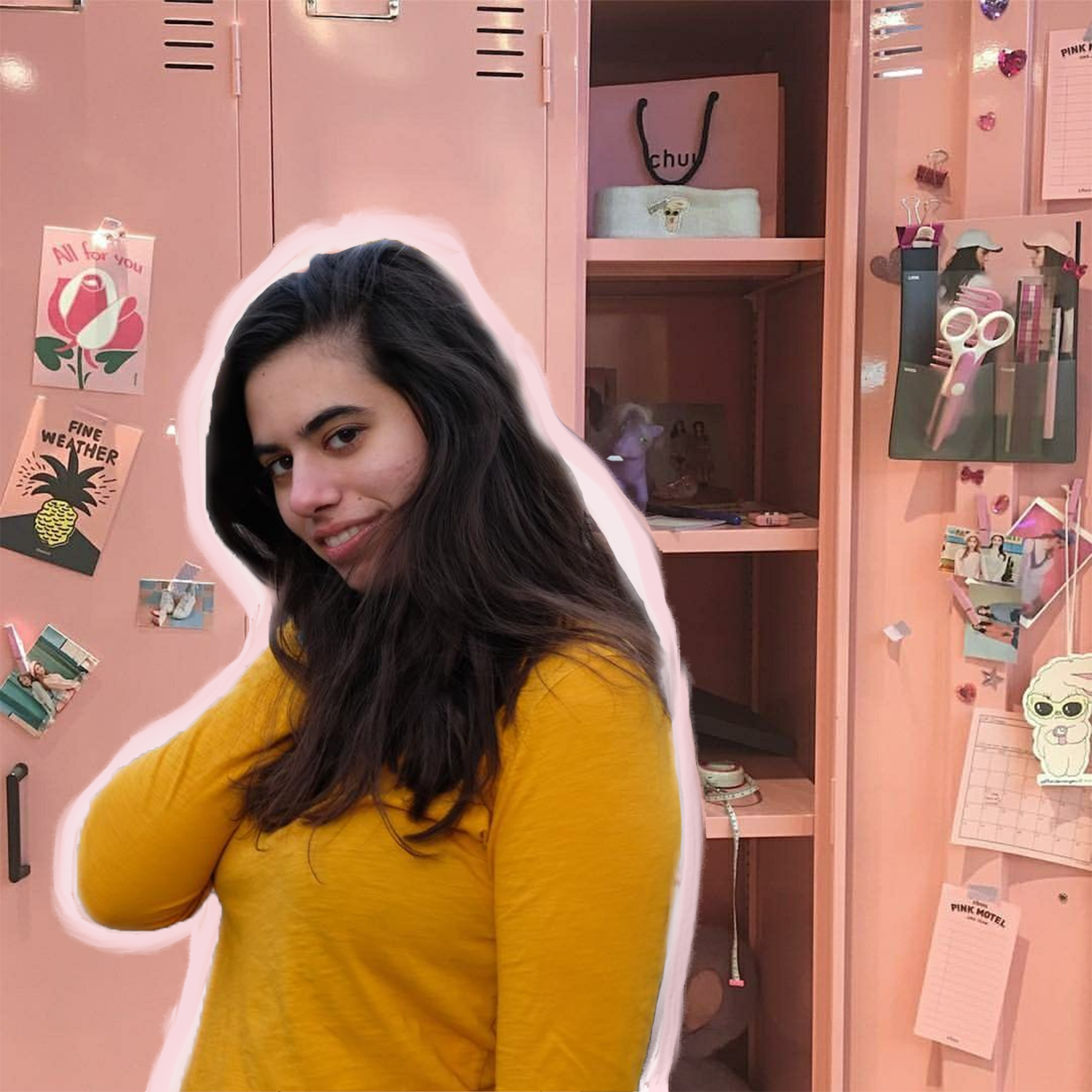Film Review - Lady Bird
One weekend last November, I joined my friend Daniel in a movie theater with reclining chairs and waitstaff service (which we, of course, did not consider using) to see Lady Bird. Although the sunny, stereotypical NorCal high school featured in the film did not resemble my own East Coast upbringing, I sat in that theater feeling strangely understood, as if someone had captured what it truly felt like to grow up without resorting to the most classic, class-unconscious stock characters.
The film had caused conversation among my demographic; its aesthetic craft was well received by the kinds of people who understand that film is art. Twitter was all over it, too. Internet goddess Lauren Duca tweeted, "True Life: I saw 'Lady Bird' and now I only ever want to listen to dialogue written by women."
One friend, texting our college group chat from Colorado, said that she found no plot holes and loved every character so much that she wanted more of everything. Referencing Lady Bird's desire to attend school on the East Coast, another friend who grew up in California but goes to school in Boston texted me, "I always always always wanted to go to the east coast...when you live in a place where everything is new and shiny you can't help but want something that seems so full of history." She felt understood too.
Screenwriters, as a rule of thumb, are old (or at least old enough). By the time you get to pull off a feature film, high school has probably fallen into some sort of Dali-esque void where time ran away to some golden cornfield that a B-plot character lost their virginity in.
Or is that just an echo of a scene from any number of idyllic high school-based films—Footloose, perhaps?
To many people caught in the financial and internal complications of being twenty, there is something reassuring about the traditional high school landscape. Pattern is inevitable, and life is a drama stage, year in and year out. When Janis Ian shows Cady Heron a map of the North Shore High School cafeteria, complete with band geeks, art freaks, jocks and hot girls, we watch a carousel of familiar breeds circle around some greater, linear plot revolving around sexual discovery (how typical).
There is sex in Lady Bird, too, and even more than one boyfriend. But that isn’t really the point; the highest stakes are always between the main character, Lady Bird and her mother, Marion. It’s a family tragicomic centered on one title character. The parents of Lady Bird have their own issues, and the film lets us see these conflicts alongside Lady Bird's struggle to process them.
Lady Bird writer and director Greta Gerwig grew up in Sacramento and then moved to New York to attend Barnard College, where she majored in English and Philosophy and then became a pivotal actress, writer, and director in the mumblecore film movement. As a style, mumblecore seeks to avoid traditional plot structure by presenting a plot that meanders in ways reflective of how life’s storylines naturally merge and dissolve.
In many ways, Greta Gerwig wrote a shell of a memoir and changed all the little details. She stated that Lady Bird's life does not resemble her own; while Gerwig did attend high school in California and later college in New York, as does Lady Bird, the similarities mostly stop there.
There is something in Gerwig's sepia-and-melancholy-toned version of Sacramento that is charged with complexity. Lady Bird is a mega high school movie, hitting all the major plot points: the school play, prom, cheating on an exam, attraction to a teacher, dating, losing one’s virginity, attending parties, getting into college, best friend issues, and getting high on Thanksgiving. But it wasn’t until I left the movie theater, having cried more than once before the closing credits, that I realized this might be categorized as a high school flick. It seemed less obvious than that.
The mumblecore style, by definition, defies the rigid plot of a high school movie. A high school movie, like Ferris Bueller’s Day Off, Mean Girls, or Clueless relies on presenting high school life as a life before things get too complicated. High schoolers are embryonic in the grand scheme of things; the genre tries to convince you that at some point in life, before you had history, you had no problems--and then you had a big problem, a knight’s challenge, but you got the girl, you gained acceptance, and everything ended up okay.
Lady Bird defies tropes while dancing with them. When Lady Bird's first boyfriend confesses he is gay, he doesn't disappear from the script. He wanders back into Lady Bird’s life when we least expect it, for reasons not related to the former relationship. Greta treats him like a real person with his own story rather than a plot device.
Maybe this is what the culture wanted; maybe we realized that these neat narratives are useless for navigating the nuances of real life. If pop-gum crooners like One Direction make sense to the youngest crowds with their easy, clear lyrics, Lorde speaks more ambiguously, for an older generation. Art that leads to easy conclusions, rather than teasing at questions, does not age well. There is something to be said for being okay with the unknown (a state of being poet John Keats kicked contemporary Samuel Taylor Coleridge for not possessing, in a letter in 1817).
The second time I saw Lady Bird, I saw it alone during a winter break evening at the movie theater in my hometown, where I had seen both my first movie ever (Finding Nemo) and my first movie theater R Rated film (Mad Max). It hit me that the problems Lady Bird faces in this film--how to relate to her mother and develop her own identity--are not totally solvable. With a final, doubt-casting glance at the camera, Lady Bird learns that what she knows about herself now might not hold up to what she knows about herself later. She's open to her own interpretation. From one era's poet to the next, Keats would be proud of what Gerwig created.
By Carina Imbornone
Carina is an artist and writer living in Boston, MA. She spends way too much time on twitter @im_carina_.





